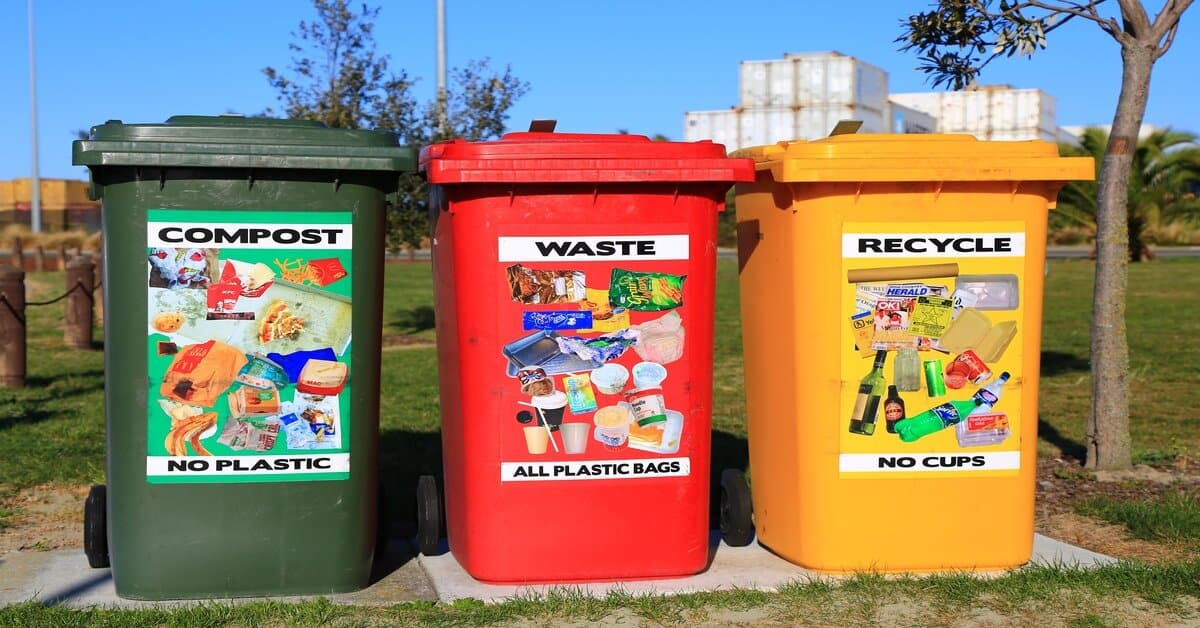Every year, the average American goes through more than 250 pounds of plastic waste. Though many of us make an effort to diligently recycle and/or seek alternatives like reusable water bottles or reusable bags, the amount of plastic waste isn’t shrinking. In fact, it’s increasing. Rapidly. According to industry projections, we will produce four times more plastic waste in the next 30 years than has been produced in the history of the world so far. More immediately, researchers estimate that the weight of plastic in the ocean will soon surpass the weight of fish in the sea. Despite the best efforts of many to reduce their one-time-use plastic consumption, plastic is much more ubiquitous than many of us realize, and it’s coming at a high cost.
The Cost of Plastic Recycling
Carpet tiles, paint, furniture, insulation, and your home comprise a huge quantity of plastic. These plastic goods are rarely properly disposed of, and when they are, the story doesn’t always as you might imagine.
Only about 9% of plastic is recycled. Recycling is a billion-dollar industry that fluctuates with supply and demand like any other industry. We are putting more than 9% of our plastic in our blue bins at home; unless the plastic you recycle gets purchased by a company to use again, it doesn’t get recycled. Roughly half of everything you put in your recycling bin won’t get recycled. If the recycled goods don’t get bought, the plastic waste ends up in a landfill or incinerated. Burning plastic as a means of disposal releases greenhouse gases into our environment, further contributing to the deterioration of the ozone layer.
Building materials are significantly harder to recycle than things like bottles or bags. Due to potential chemicals and adhesives used in the installation, the process of recycling previously used materials isn’t worth the cost to manufacturers. Making new plastic is often simply cheaper than finding a workaround for these recycling roadblocks.
In short, recycling is not the environmental savior many of us have been lead to believe it is. Our current recycling model is not sustainable. Continuing it will lead to more and more plastic becoming pollution or contributing to greenhouse gas emissions.
What Can We Do To Help?
We can’t recycle away our plastic pollution problem. Instead, we have to change the way we buy. Buying from vendors that source their materials thoughtfully and sustainably is one step all of us can take to stop our world from devolving into a landfill.
Eustis Chair sources sustainable raw materials to produce our USA-made hardwood chairs. We are dedicated to creating premium quality sustainable furniture. Though it can be more expensive to buy quality hardwood furniture than to purchase cheap plastic furniture, the expense is much greater than simply the dollar amount. Those cheap goods are quite expensive in how they affect our ozone layer, oceans, air quality, and more. Expect better from the businesses you buy from, invest in responsible businesses that care about you.
Please contact us with any questions you may have about our dedication to sustainability.































